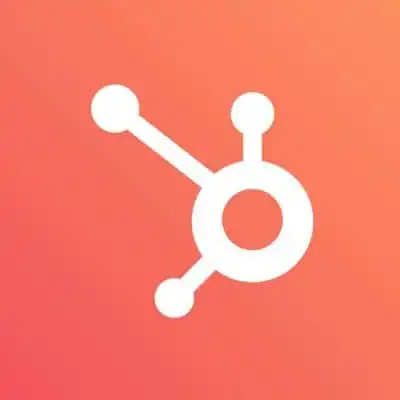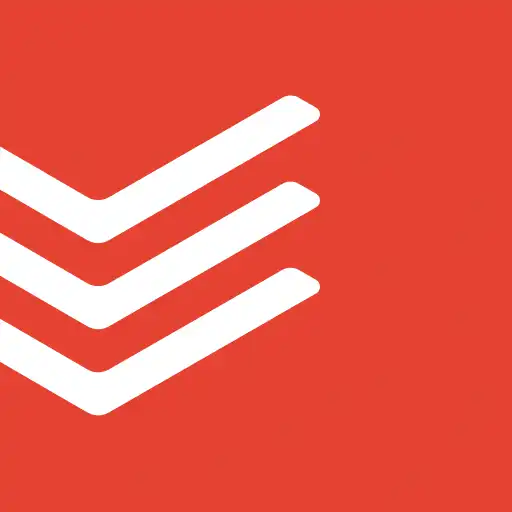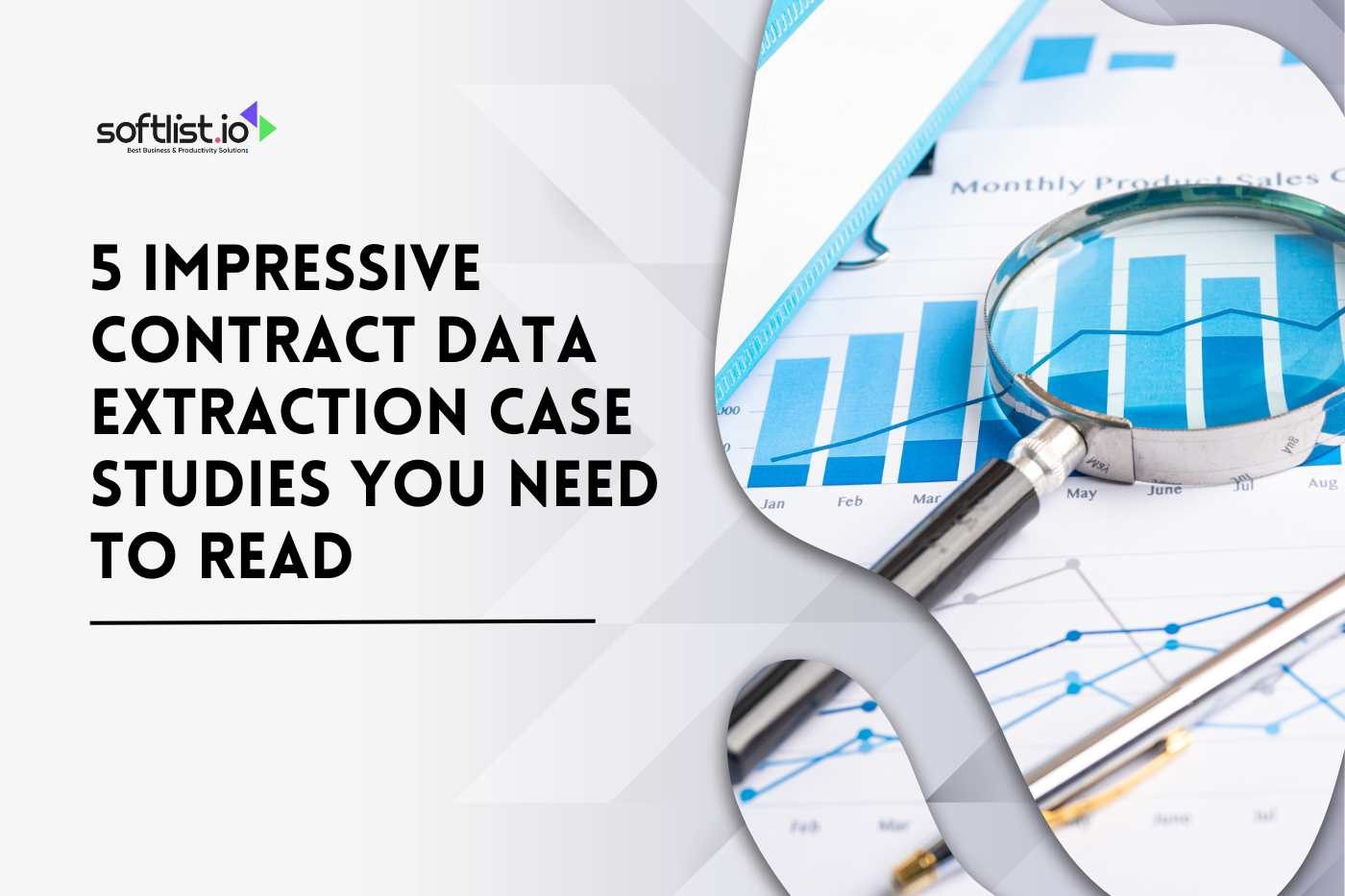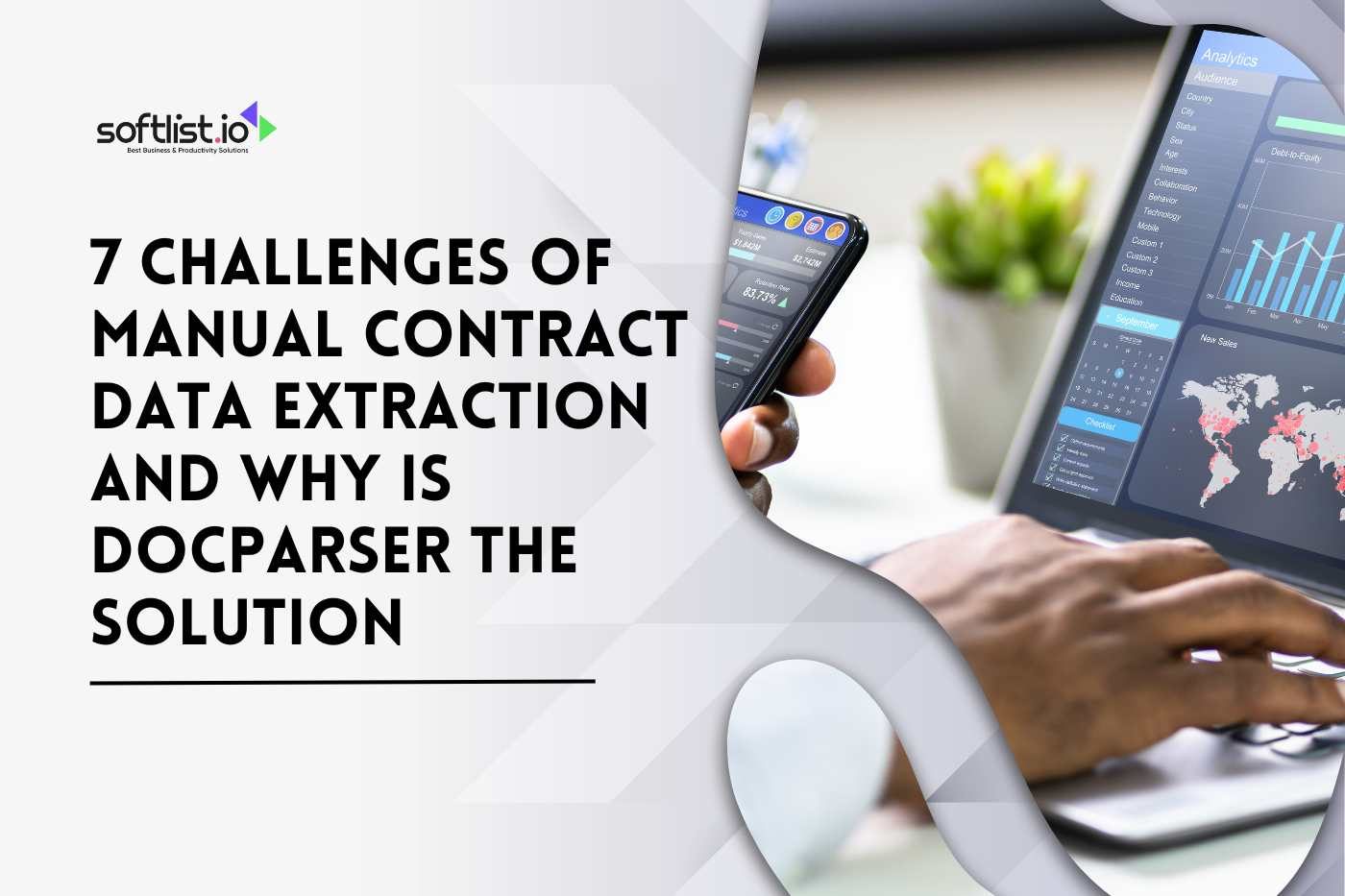A daily organiser app helps you plan your tasks, set reminders, and keep track of important events, all in one convenient place. Beyond just managing schedules, many apps have built-in security features to protect your personal information.
With concerns about data privacy on the rise, it’s important to understand how these apps safeguard your details. This guide explores what a daily organiser app does and the security measures it uses to keep your information safe.
Key Takeaways
- Keeps You Structured – These apps help manage tasks, appointments, and reminders in one place, replacing traditional planners and sticky notes.
- Enhance Productivity – Functions like task management, calendar integration, reminders, habit tracking, and team collaboration make daily planner apps useful for personal and professional use.
- Security is Crucial – These apps store sensitive information, including schedules, notes, and financial details, making strong security measures essential to prevent hacking, data loss, and unauthorized access.
- Encryption and Authentication Protect Data – Security features like end-to-end encryption, two-factor authentication (2FA), and biometric login ensure that only authorized users can access stored information.
- User Best Practices– Choosing reputable apps, using strong passwords, enabling updates, avoiding public Wi-Fi for sensitive data, and reviewing app permissions help keep personal information safe.
What is a Daily Organiser App?

Source: Canva Pro
A daily organiser app is a digital tool that helps you manage your daily tasks, appointments, and important things in one place. Think of it like a digital planner that replaces notebooks and sticky notes. It keeps everything structured so you don’t have to remember everything yourself.
You might have heard terms like day planner app, planner app, or daily planner app, they all mean the same thing. These apps help you plan daily by organizing tasks, reminders, and schedules in a simple, easy-to-use format.
Key Features and Functions
A good daily planner app will have different features to help you stay organized. Here are some of the most useful ones:
Task Management & To-Do Lists
A task manager helps you schedule tasks, set priorities, and mark them as done. Many apps offer a list view to make it easier to see what’s next. You can set due dates and even set deadlines for important tasks.
Calendar Integration
The best daily planner apps sync with tools like Google Calendar and Apple’s calendar app so you never miss a meeting or event. You can view everything in a single timeline, making your daily schedule clear and easy to follow.
Reminders & Notifications
Get alerts so you don’t forget important things like meetings, appointments, or deadlines. Some apps let you set recurring reminders for things like bill payments or exercise routines.
Habit Tracker & Work Management
A habit tracker helps you develop good habits, like drinking water regularly or reading daily. If you need to manage work, these apps offer work management tools to keep you productive.
Team Collaboration & Project Management
If you work with team members, some apps include team collaboration and project management capabilities. You can assign tasks, leave meeting notes, and track progress in a project management software.
Voice Commands & Smartwatch Compatibility
Many apps support voice commands, so you can add tasks without typing. Some even sync with Apple Watch for easy access to your schedule on the go.
Examples of Popular Daily Organiser Apps
Are you not sure which daily planner app to try? Here are some great options:
- Todoist – A simple yet powerful task management tool.
- Trello – Best for project management with a list view and calendar view.
- Google Keep – A free daily planner app with note-taking and reminders.
- Structured Pro – A fantastic digital planner with a clean interface.
- Notion – Combines task manager, note-taking, and databases.
Many of these apps have a free plan, and some offer a free trial for their advanced features before you decide to upgrade.
Why Security Matters in Daily Organiser Apps

Source: Canva Pro
What Kind of Personal Data Do These Apps Store?
A daily planner app stores more than just your daily tasks. Think about it, you enter calendar events, meeting notes, and even sensitive work details. Some people use them to save passwords, financial details, or personal habits.
If you use a planner app for work management or project management, you might also store client details, deadlines, or important company data. This makes security very important.
What Can Happen If This Data Isn’t Secured?
If a daily planner doesn’t protect your information properly, you might run into these risks:
- Hacking – Someone could steal your login details and access your data.
- Identity Theft – If personal details leak, scammers might use them to impersonate you.
- Data Loss – If an app doesn’t have proper backup systems, your data could disappear if something goes wrong.
- Unauthorized Access – If you share an app with team members for team collaboration, someone might see information they shouldn’t.
This is why choosing the best daily organiser or planner that offers strong security features is essential.
How Daily Organiser Apps Protect Your Personal Information
Encryption: Protecting Your Data from Hackers
Encryption is like a secret code for your data. When you enter calendar events, meeting notes, or task management details, encryption scrambles the information so no one can read it unless they have permission.
Many best daily planning apps use end-to-end encryption, meaning your information stays private even if someone intercepts it. This is important for apps storing work details, passwords, or financial data.
Two-Factor Authentication (2FA): Extra Security for Your Account
Even if someone guesses your password, 2FA adds another layer of security. When you log in, the app might ask for a second step, like a text message code or fingerprint scan.
Most planner apps offer this feature, and it’s highly recommended for protecting your digital planner from unauthorized access.
Biometric Security: Using Your Fingerprint or Face
Some apps support biometric security, allowing you to log in with Apple Watch, Face ID, or a fingerprint. This is useful for quick access without typing a password while keeping your daily schedule secure.
Cloud vs. Local Storage Security
Where does your day planner app store your data?
- Cloud Storage – Your information is saved online, making it easy to sync across devices. However, it depends on strong encryption for security.
- Local Storage – Your data is saved on your device, which is safer from hacking but could be lost if your phone is stolen or broken.
A good daily planner gives you options for both and ensures your data is backed up safely.
Regular Software Updates: Fixing Security Issues
Apps update regularly to fix security bugs and improve protection. If you don’t update your calendar app or task manager, you might be using an outdated version with security risks.
To stay safe:
- Enable automatic updates in your device settings.
- Check the App Store or Google Play for the latest version of your free daily planner app.
User Access Controls: Controlling Who Sees Your Data
If you use a planning app for project management, you might be working with team members. A secure project management software lets you control who can see or edit important tasks.
This is helpful when working on shared tasks, meeting notes, or sensitive projects, so only authorized people can access them.
Best Practices to Keep Your Daily Organiser App Secure

Source: Canva Pro
Now that you know how a daily planner app protects your data, let’s talk about what you can do to keep it even more secure. Even the best daily planner app can’t protect your information if you don’t take a few simple steps. Don’t worry, these tips are easy to follow.
Choose a Reputable App
Not all planning apps are safe, so it’s important to pick one from a trusted developer. Well-known apps like Google Calendar, Todoist, and Trello usually have better security measures than random apps you’ve never heard of.
Here’s how you can make sure you’re choosing a secure daily planner:
- Do some research before downloading. Search for reviews and see what other users say. A lot of bad reviews or complaints about security? That’s a red flag.
- Check app permissions. Before installing a free daily planner app, look at what it asks for. If a planner app wants access to your contacts, location, or microphone (and doesn’t need them to work), that’s a sign to be careful.
- Look for security features. The best daily planner will have things like two-factor authentication (2FA), encryption, and privacy settings to keep your information safe.
Use Strong Passwords and Enable 2FA
A weak password is like leaving your front door unlocked. If you use something easy like “123456” or “password”, hackers can break in within seconds.
To keep your daily planner app secure:
- Use a strong password. A good one has at least 12 characters, including letters, numbers, and symbols. Example: G0odPl@nn3r#21
- Don’t reuse passwords. Your calendar app, email, and social media should all have different passwords. If one gets hacked, the others stay safe.
- Turn on two-factor authentication (2FA). This adds an extra step when logging in, like a text message code or fingerprint scan. Even if someone steals your password, they won’t be able to get in.
Keep the App Updated
Ignoring updates might not seem like a big deal, but outdated apps can have security flaws. Developers release updates to fix bugs and improve security, so staying updated is important.
- Enable automatic updates so you don’t have to remember.
- Check the App Store or Google Play regularly to make sure you have the latest version of your daily planner app.
- Be cautious of apps that stop updating. If a task management tool hasn’t been updated in years, it might not be secure anymore.
Avoid Public Wi-Fi for Sensitive Information
Picture this: You’re at a coffee shop, using free Wi-Fi, and checking your daily schedule. What you don’t realize is that hackers could be watching. Public networks are easy targets for cybercriminals, and your data could be stolen without you knowing.
Here’s how you can stay safe:
- Avoid logging into your daily planner or entering sensitive data when on public Wi-Fi.
- Use a VPN (Virtual Private Network). A VPN creates a secure connection, keeping your calendar events, meeting notes, and other important tasks private.
- Use mobile data if possible. It’s safer than public Wi-Fi when you need to access work-related project management tools.
Review App Permissions and Privacy Settings
Sometimes, apps ask for permissions they don’t actually need. If a daily planner asks for access to your camera, contacts, or location when it’s just a task manager, it’s worth questioning why.
- Go to your phone’s settings and review what your planning app has access to.
- Only allow necessary permissions. If your task management tool doesn’t need location access, turn it off.
- Check the app’s privacy settings. Some apps let you customize how your data is stored and shared. Look for options to increase security.
Best Management Software
| 3.5 | 3.5 | 3.5 |
Wrapping Up
A daily organiser app is more than just a digital planner, it’s a tool that helps you stay on top of your schedule, tasks, and priorities while keeping your personal information secure.
With features like encrypted storage, multi-factor authentication, and cloud backups, these apps ensure your data stays protected while you focus on managing your day efficiently. Choosing the right organiser app can make a big difference in productivity and security.
To stay updated on the latest organiser apps and exclusive offers, get deals and promotions by subscribing to our website. You’ll gain access to the best tools and discounts to help streamline your daily routine.
Looking for a more advanced solution for managing tasks and projects? Check out our review of the Top 10 Project Management Software, and read the full article on our website to find the best options for boosting productivity and keeping your projects on track.
Frequently Asked Questions
Can I Set Up Automatic Reminders In A Daily Organiser App?
Yes, most apps allow you to set recurring reminders for tasks, meetings, and deadlines, ensuring you never forget important events.
Do Daily Organiser Apps Have Cloud Backup Options?
Many apps offer cloud backup features, which help protect your data and allow easy recovery if you switch devices or experience data loss.
Can I Use A Daily Organiser App Without Creating An Account?
Some apps let you use basic features without an account, but signing up allows you to access cloud syncing, backups, and cross-device support.
How Do Daily Organiser Apps Handle Data Privacy?
Reputable apps follow strict privacy policies, ensuring your data isn’t shared or sold. Always check an app’s privacy settings and terms before use.
Can A Daily Organiser App Help With Time Management?
Yes, these apps allow you to break down tasks into manageable steps, track progress, and allocate time efficiently to boost productivity.








